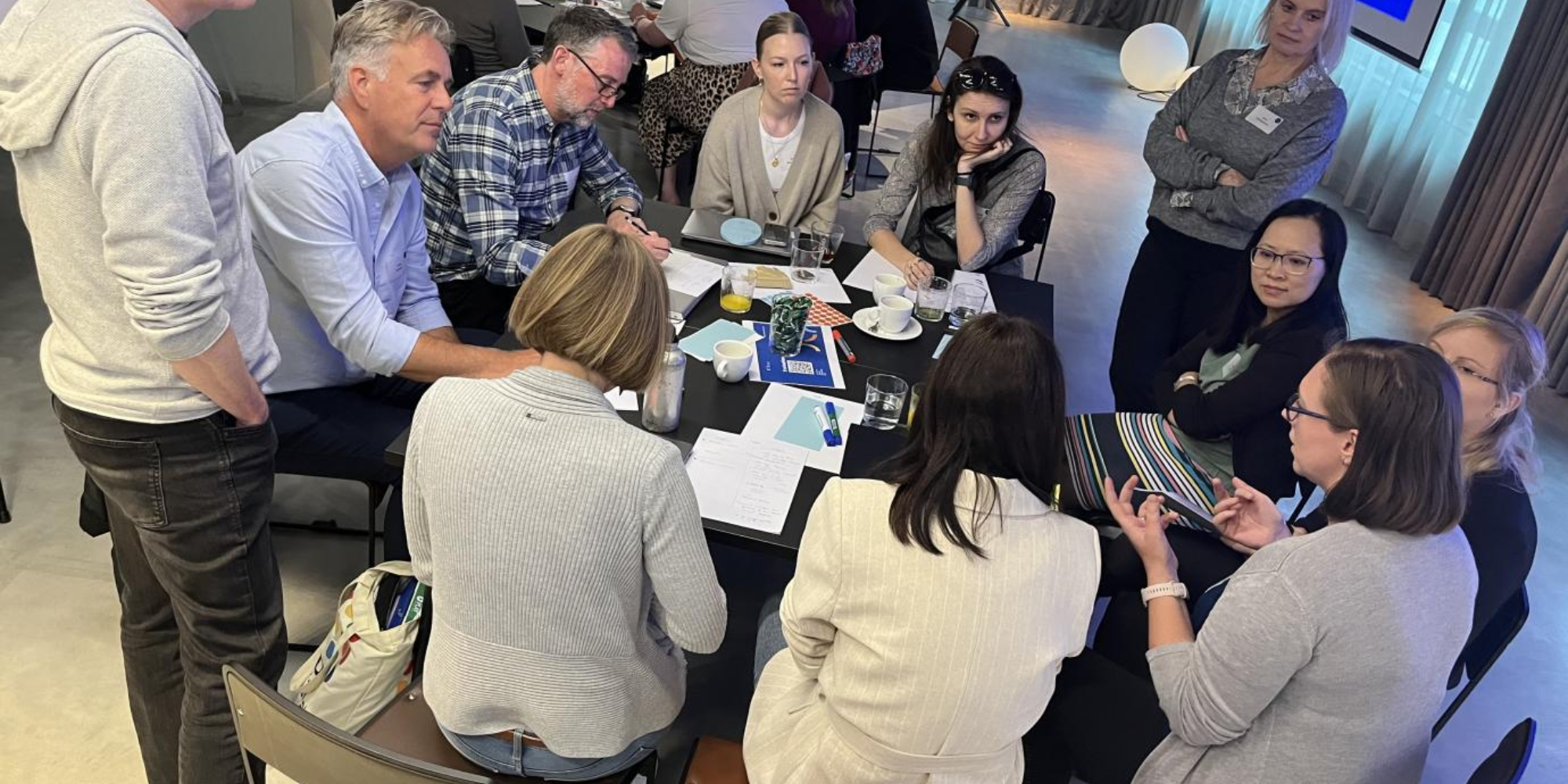Two calls for participants for revising and updating critical education guidelines are open until 3 February 2025.
Working group on updating the guidelines for teachers and educators on tackling disinformation and promoting digital literacy through education and training
The guidelines for teachers and educators on tackling disinformation and promoting digital literacy provide hands-on guidance, practical tips, and activity plans to help educators foster digital literacy and resilience against disinformation.
A working group will be set up to update the guidelines to reflect the latest trends and challenges, including generative AI, social media influence, and pre-bunking practices (i.e., a way to teach people to recognise and resist manipulative messages – before they happen).
We invite experienced people from all sectors and levels of education and training who know about digital literacy and how to deal with disinformation to apply.
Working group objectives
Participants will
- review the current guidelines to identify areas for improvement
- address new topics such as the implications of generative AI and the role of social media platforms
- provide specific input and best practices for the updated guidelines.
Key details
- Timeline: March to October 2025
- Commitment: At least one hour per week, including two online meetings and one in-person workshop in Brussels (likely in late April or early May).
- Size: up to 25 members
- Eligibility: people from all sectors of education and training with knowledge in digital literacy and disinformation
Apply today!
Before applying, you need to be a registered member of the European Digital Education Hub. Membership will be granted within 5 working days.
Join the European Digital Education Hub
Please note that you need to work in an Erasmus+ programme country to apply.
More information in the call for participants (only accessible for registered EDEH members).
Does it align with your expertise and interests?
Apply before 3 February 2025, 23.59, CET. Only registered members of the EDEH are eligible.
Working group on revising the ethical guidelines on the use of artificial intelligence and data in teaching and learning for educators
The ethical guidelines on the use of AI and data in teaching and learning aim to support educators in using AI responsibly.
A working group will be established to address key challenges and new developments since their publication in 2022. The revision will include new insights into generative AI and ethical considerations, ensuring that the guidelines remain relevant and actionable.
We invite experienced people from all sectors and levels of education and training as well as experts in the area of AI in and for education to apply.
Check the ethical guidelines on the use of AI and data in teaching and learning
Working group objectives
Participants will
- update and revise the guidelines to include generative AI applications and ethical considerations
- provide practical examples and strategies for integrating AI into teaching
Key details
- Timeline: March to October 2025
- Commitment: at least one hour per week, including two online meetings and one in-person workshop in Brussels (likely in May)
- Size: Up to 25 members
- Eligibility: People from all sectors and levels of education and training as well as experts in the area of AI in and for education.
Apply today!
Before applying, you need to be registered members of the European Digital Education Hub. Hub membership will be granted within 5 working days.
Join the European Digital Education Hub
Please note that you need to work in an Erasmus+ programme country in order to apply.
More information in the call for participants (only accessible for registered EDEH members).
Does it align with your expertise and interests?
Apply before 3 February 2025, 23.59, CET. Only registered members of the EDEH are eligible.
Source: European Commission | European Education Area | What’s new? | News (https://shorturl.at/sgq8R)
